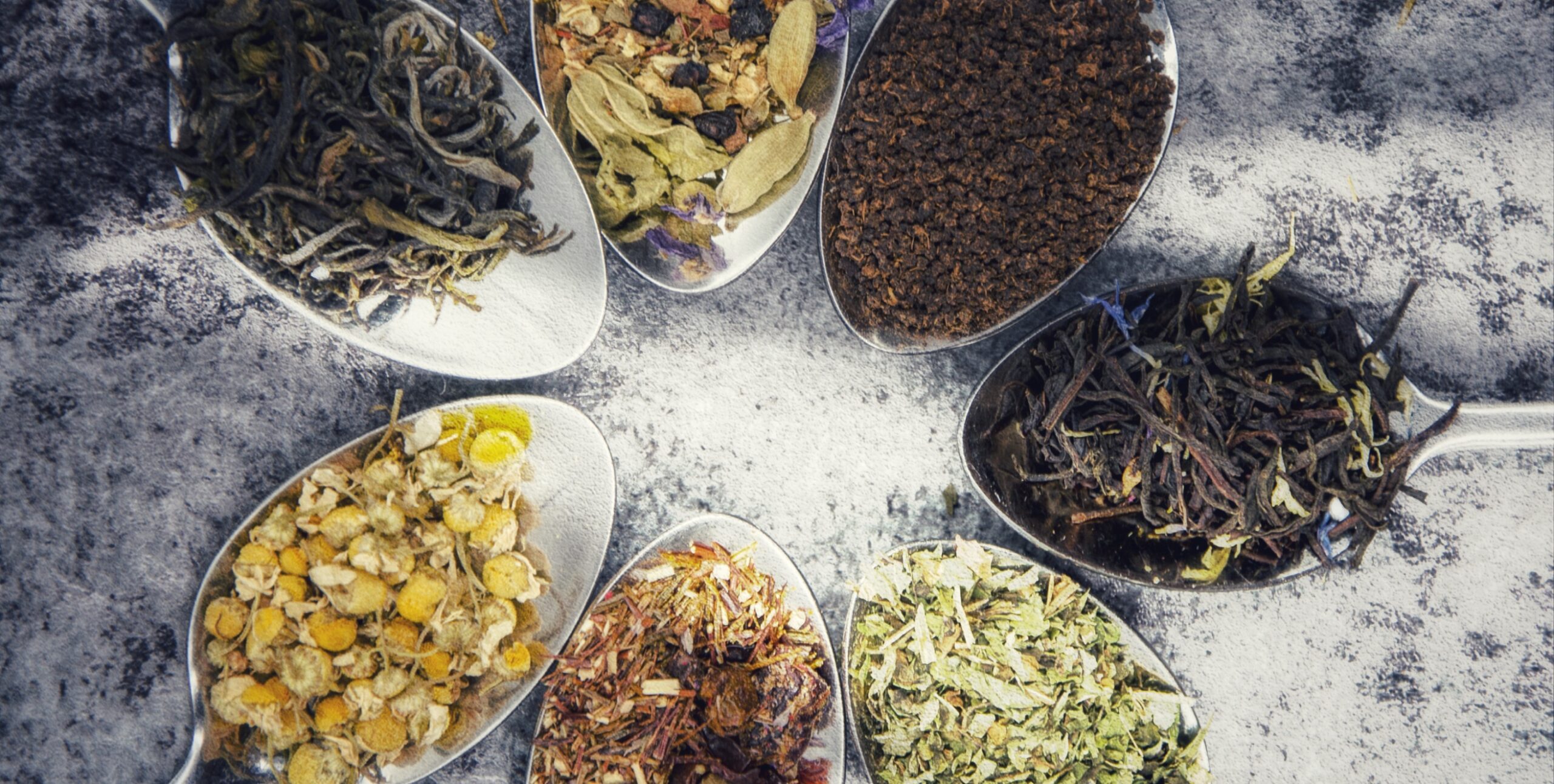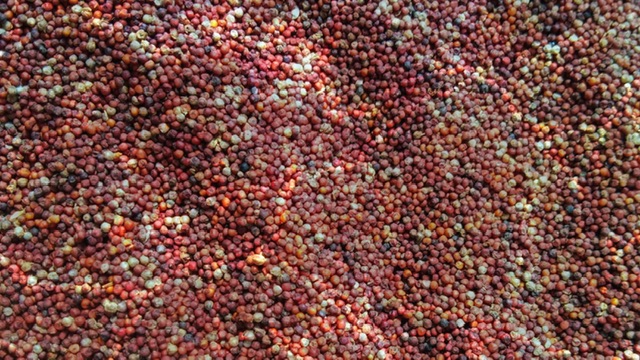Everyone has an inherent desire to look good. A majority of people are on the constant lookout for ways to improve their appearance – there is always a grey hair, a fine line, a spot or a blemish that needs to be fixed. While contentment, happiness and satisfaction are a result of a holistic and wholesome approach to life, there are always a few changes one can incorporate in their day-to-day lives for a healthy lifestyle.
Skin, being the largest external organ, is a direct reflection of one’s health and wellness. Thus, one’s food intake plays a significant role in shaping one’s health. We are all aware of the basics of eating healthy – have plenty of water, fresh fruits & vegetables and whole grains and limit the intake of packaged food and sweets. While this general rule works and should be followed, here is a special mention of certain foods that can be termed as ‘Super’ or ‘Wonder’ foods since they are excellent for improving the health of the skin and one’s overall fitness.
SEEDS
Seeds are tiny and may seem insignificant to one’s diet, but they are packed with nutrients. Pumpkin seeds are an excellent source of B vitamins and minerals like iron & zinc, making them an ideal natural multivitamin tablet substitute! Pumpkin seeds also contain a protein (amino acid) called Tryptophan which is known to lower anxiety levels and promote health. Similar to pumpkin seeds, sunflower seeds too are a rich source of B vitamins, relieving stress, depression, anxiety and aiding in memory. Sunflower seeds contain vitamin E which is an antioxidant and works towards cell repair and growth, thus promoting healthy and glowing skin. Flaxseeds contain soluble fibre that helps one in keeping full for long and lowers cholesterol, thereby aiding in stabilising blood sugar levels. Also contains omega 3 fatty acids that protect the cardiovascular system, promotes heart, health and assists in hormone production.
BERRIES
All berries are a storehouse of antioxidants which prevents cell damage, promotes cell repair and renewal thus leading to healthy skin and hair. The antioxidants in berries (blue berries, blackberries, strawberries, raspberries) are – anthocyanins, quercetins and vitamin C. Berries get their vibrant rich blue and red colour from anthocyanins. Anthocyanin consumption is known to increase visual activity, prevent cancer cell growth and inhibit tumour formation. They are also heart-friendly since they reduce inflammation and promote blood capillary strength thus preventing heart attacks. That’s not all. Anthocyanins are also credited with the ability to modulate cognitive (memory, speech, and understanding) and motor skills, enhance memory loss and prevent age-related neurodegenerative diseases.
NUTS
A handful of nuts can pack in quite a punch. All nuts contain heart healthy omega 3 fats, but walnuts contain high amounts of alpha linolenic acid that can prevent heart arrhythmias (irregular heartbeat). Walnuts have anti-inflammatory properties and reduce oxidative process in the arteries and are thus considered to be the healthiest nuts. Peanuts, though technically legumes, are high in foliate, a mineral that is essential for brain development. Thus daily consumption of a handful of peanuts may prevent from brain activity decline. One of the most favoured nuts, almonds are a great source of fibre, vitamin E and especially calcium, thus being a good milk substitute for those who are lactose intolerant. In addition to healthy fats, cashew nuts contain vital minerals like magnesium and zinc. Magnesium helps in maintaining cardio vascular health and type 2 diabetes. Zinc is required to maintain healthy eyes, hair and skin. However, being calorie dense, one must be cautious not to overheat cashew nuts. Another variety of nuts – pistachios are a rich source of vitamin B6. This vitamin is vital for the body’s immune system, and helps in maintaining normal nerve and brain function and assists in the digestive process (breaks down protein).
AVOCADO
Contrary to popular belief that avocados should be avoided due to their high fat content, they are one of the healthiest super foods known. Avocados are the best source of plant protein (they contain 18 essential amino acids that are required by the body) and since avocado contains fibre, this protein is easily digestible. They are also an excellent source of nutrients called carotenoids that provide the body with vitamin A, which is crucial for eye health. Besides carotenoids, avocados also contain vitamins C & E, minerals like zinc & selenium and omega 3 fatty acids that help guard against inflammation. This anti-inflammatory property is beneficial in preventing against cancer. High levels of potassium in avocados makes it an ideal brain food, since potassium allows optimum amount of oxygen to reach the brain thereby stimulating brain activity and cognitive functions. Potassium is also vital for proper contraction and relaxation of muscles and thus sufficient intake of this mineral prevents muscle cramps.
YOGHURT
The health benefits of eating yoghurt are numerous. Being a dairy product, it is a rich source of protein and calcium. In fact, it contains nearly twice the amount of calcium for the same amount of milk. Since calcium is essential for strengthening bones, regular consumption of yoghurt can help against the risk of osteoporosis. Not only is yoghurt a better source of calcium, but the culturing process makes it more easily digestible than milk, hence it can also be eaten by those who are lactose intolerant. Yoghurt contains lactobacteria – an intestine friendly strain of bacteria that promotes colon health and prevents against colon cancer and is known to be very effective against intestinal infections. It also promotes production of infection fighting white blood cells and antibodies, thus being beneficial for the immune system. The lactic acid in yoghurt makes for better absorption of minerals which are required for the general functioning of the body and is effective in lowering cholesterol.
Regular consumption of these super foods will promote general health and fitness. However, excess of anything is harmful. Instead opt for balanced meals and moderate quantities. One must also be cautious that the food is natural and organic else the health benefits will be rendered useless.





